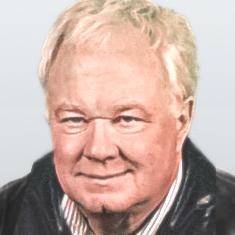Writing from London last week I was reminded that British principles of governance have been a longstanding model for the development of free nations. Few other societies can look back on the continued progress toward liberal democratic institutions that Great Britain has shared with the world.
The Magna Carta, signed by King John in 1215, was the first step toward limiting absolute power and widening participation in government beyond a royal family. Other medieval rulers may have chosen to ignore this compact but within the British sphere of influence the march of time led to the widest possible recognition of voting rights and political participation in human history.





